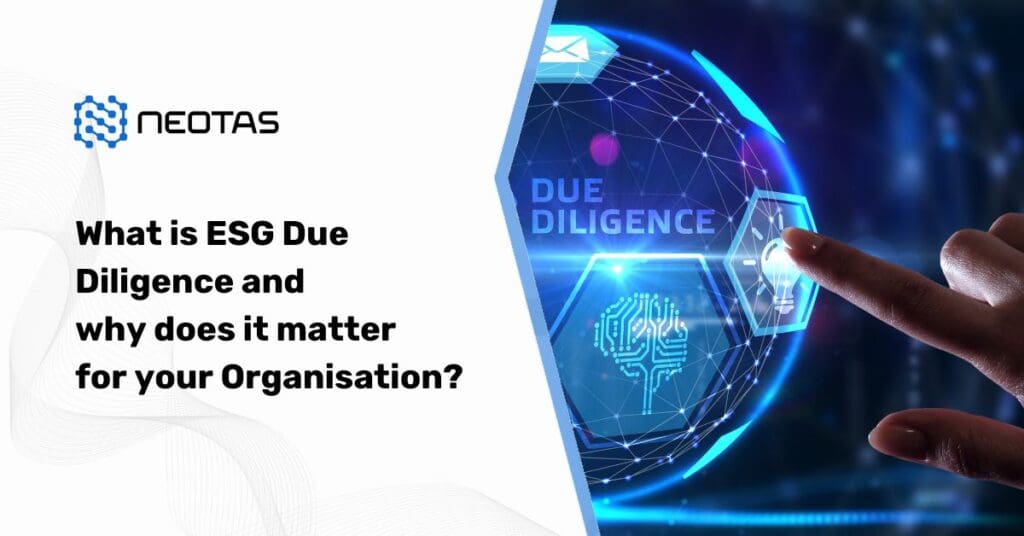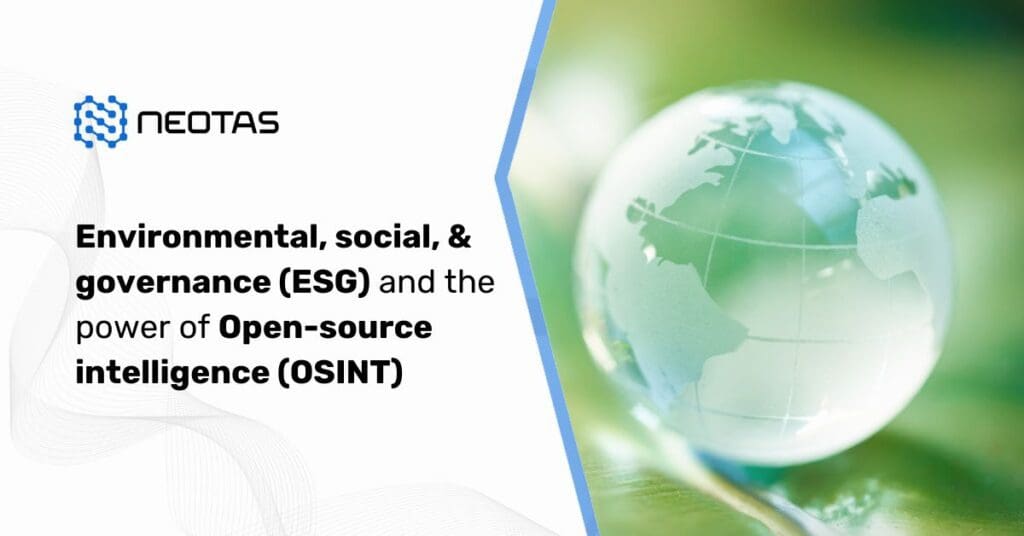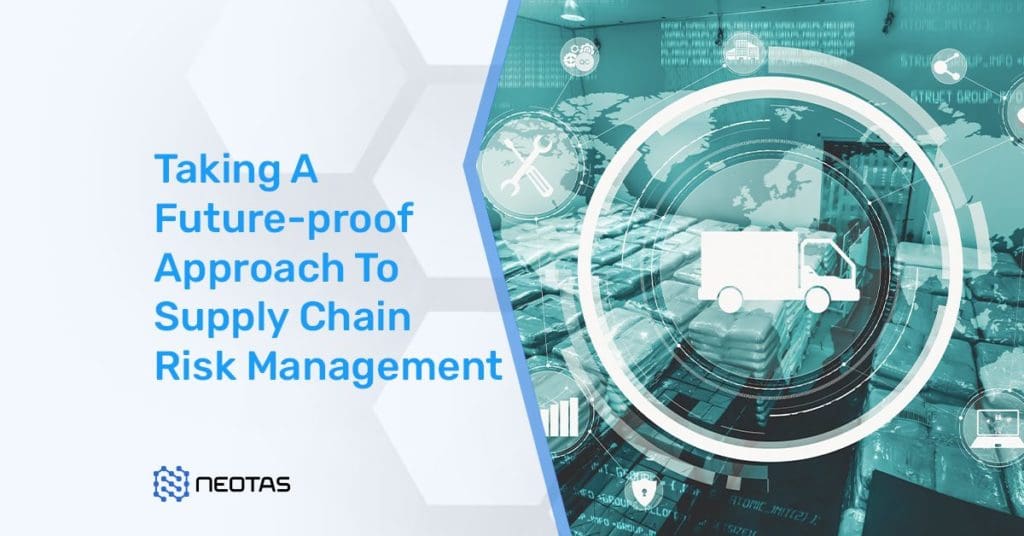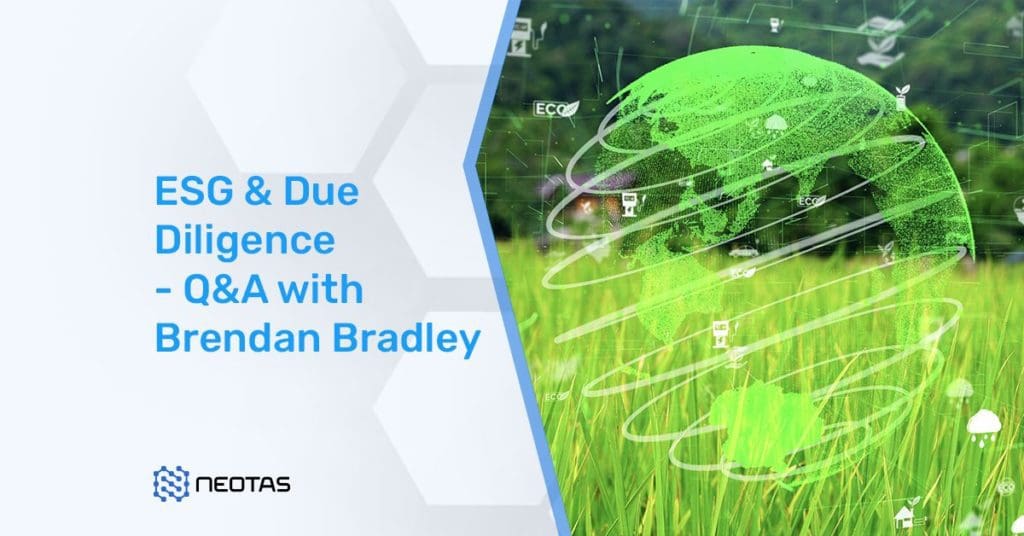What is ESG Due Diligence? – A Definitive Guide

Environmental, Social and Governance (ESG) Due Diligence A Definitive Guide to ESG Due Diligence for your Organisation In today’s rapidly evolving business landscape, environmental, social, and governance (ESG) considerations have emerged as critical factors in investment decision-making. ESG Due Diligence, an integral component of this paradigm shift, plays a pivotal role in assessing a company’s […]
Environmental, social and governance (ESG) and The Power Of Open-Source Intelligence (OSINT)

ESG and The Power Of Open-Source Intelligence (OSINT) “We frequently seek opportunities to enhance ESG within our investment processes. We felt that OSINT-based analysis was the natural next step for our ESG programme.” – Coller Capital Neotas Partners With Coller Capital Neotas are delighted to be chosen service providers of Coller Capital, to provide enhanced […]
Taking a future-proof approach to supply chain risk management

Supply Chain Risk Management Increased Risk Change and uncertainty are breeding grounds for risk and the timing of Brexit alongside the global pandemic has seen the opportunity for risk to increase significantly. The risk management lifecycle is familiar to many of us: Risk identification Risk assessment Risk mitigation But what about when the risks, and […]
ESG Investing & Due Diligence – Q&A with Brendan Bradley

ESG Investing & Due Diligence The topic of ESG continues to gather momentum as one of the defining trends of this decade. But why has the term seen such a surge in interest and are current reporting systems robust enough to report on evolving ESG issues? How can enhanced due diligence be used to improve […]













